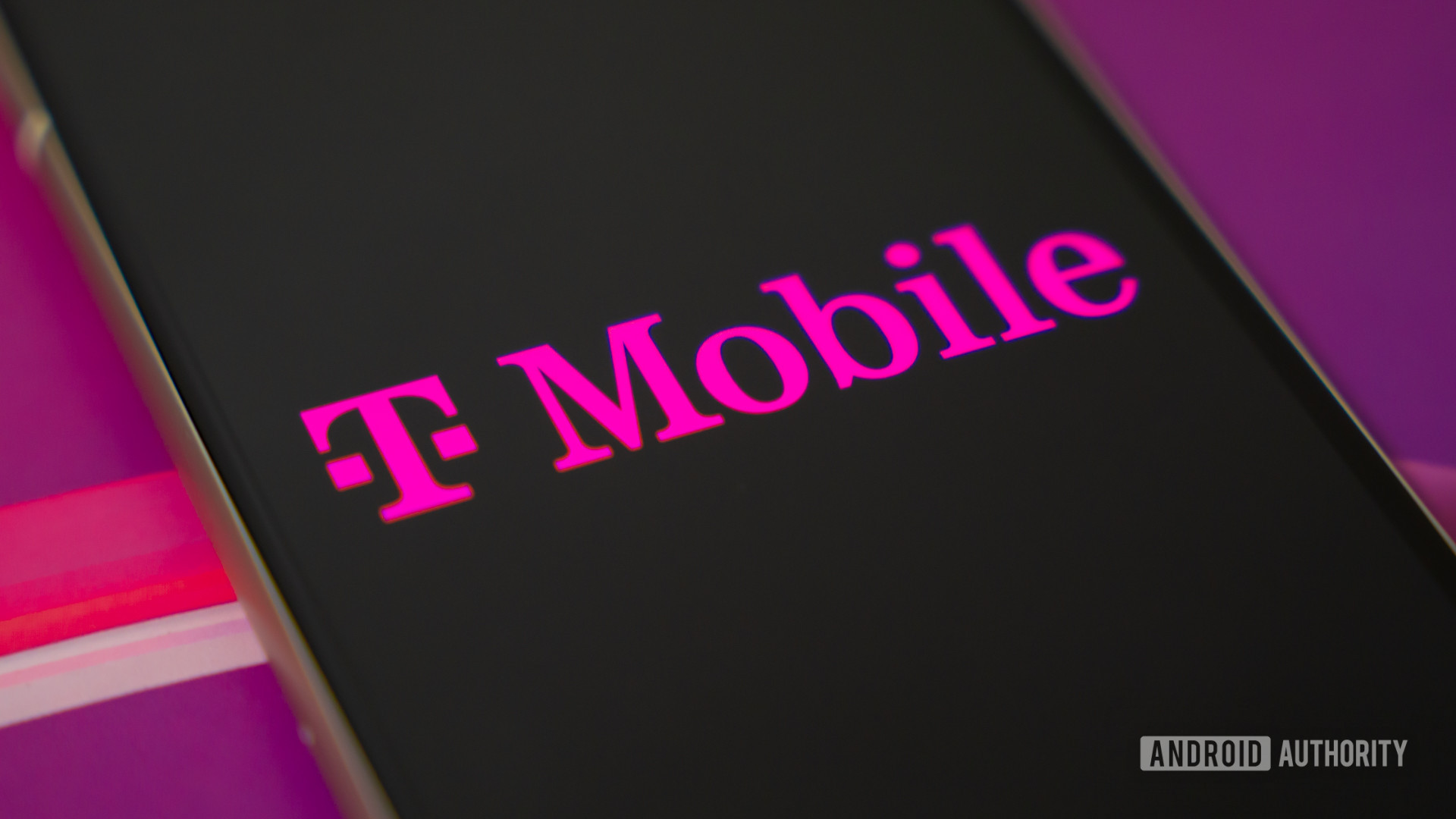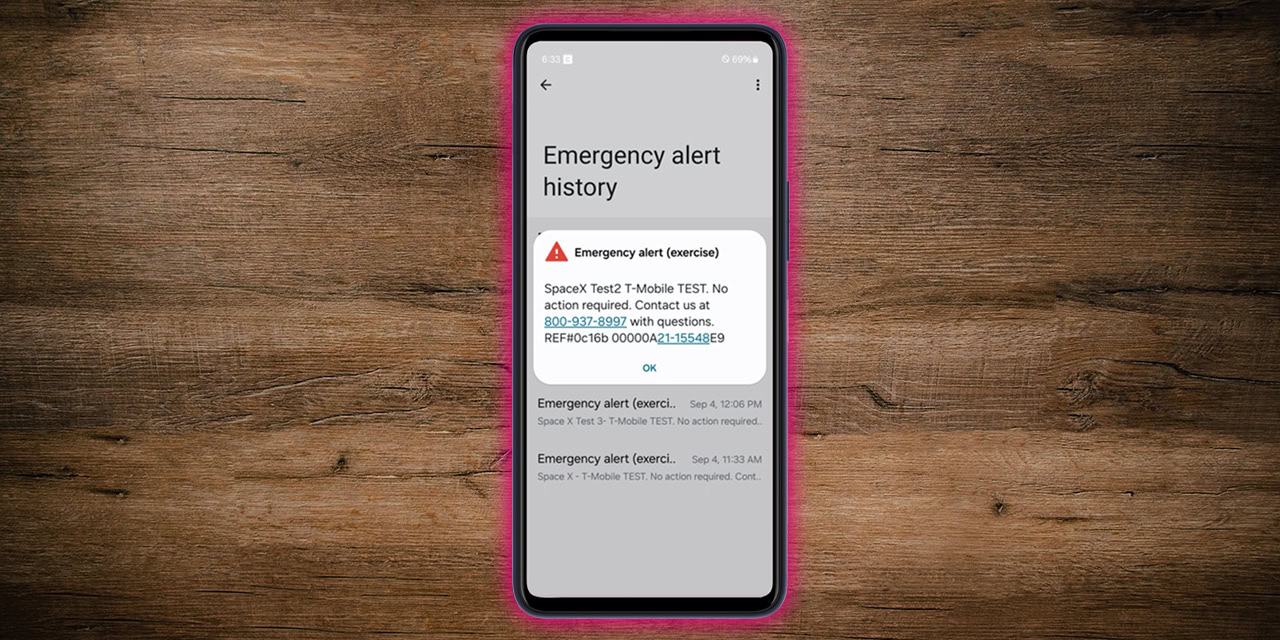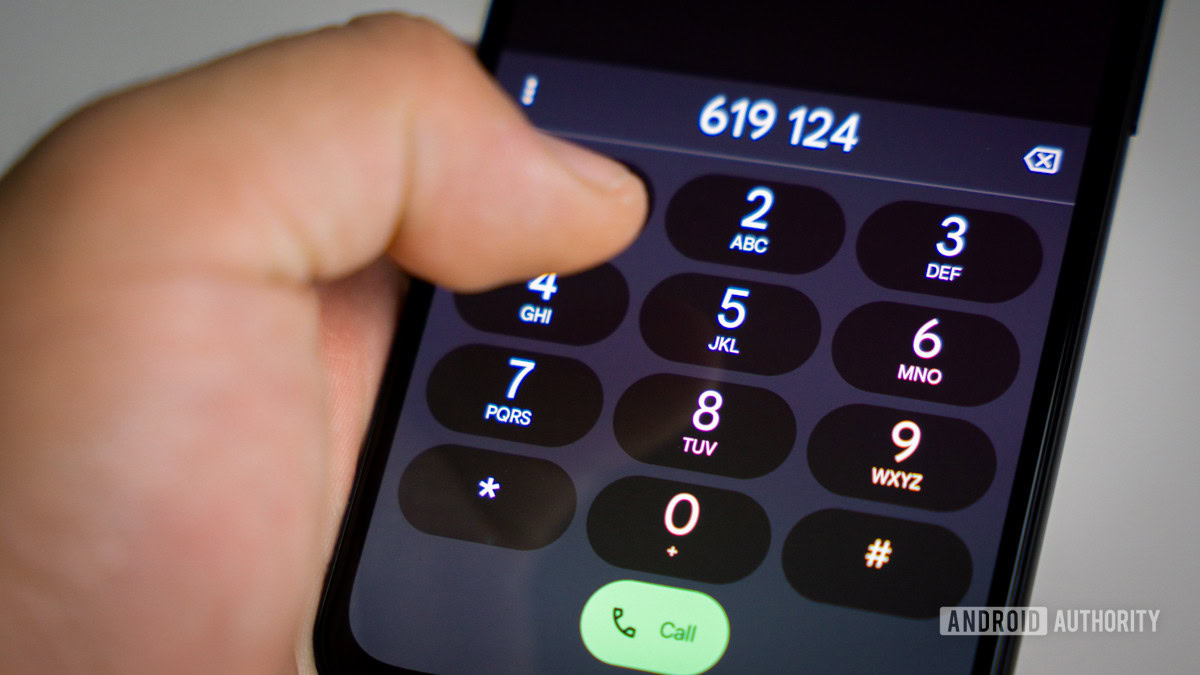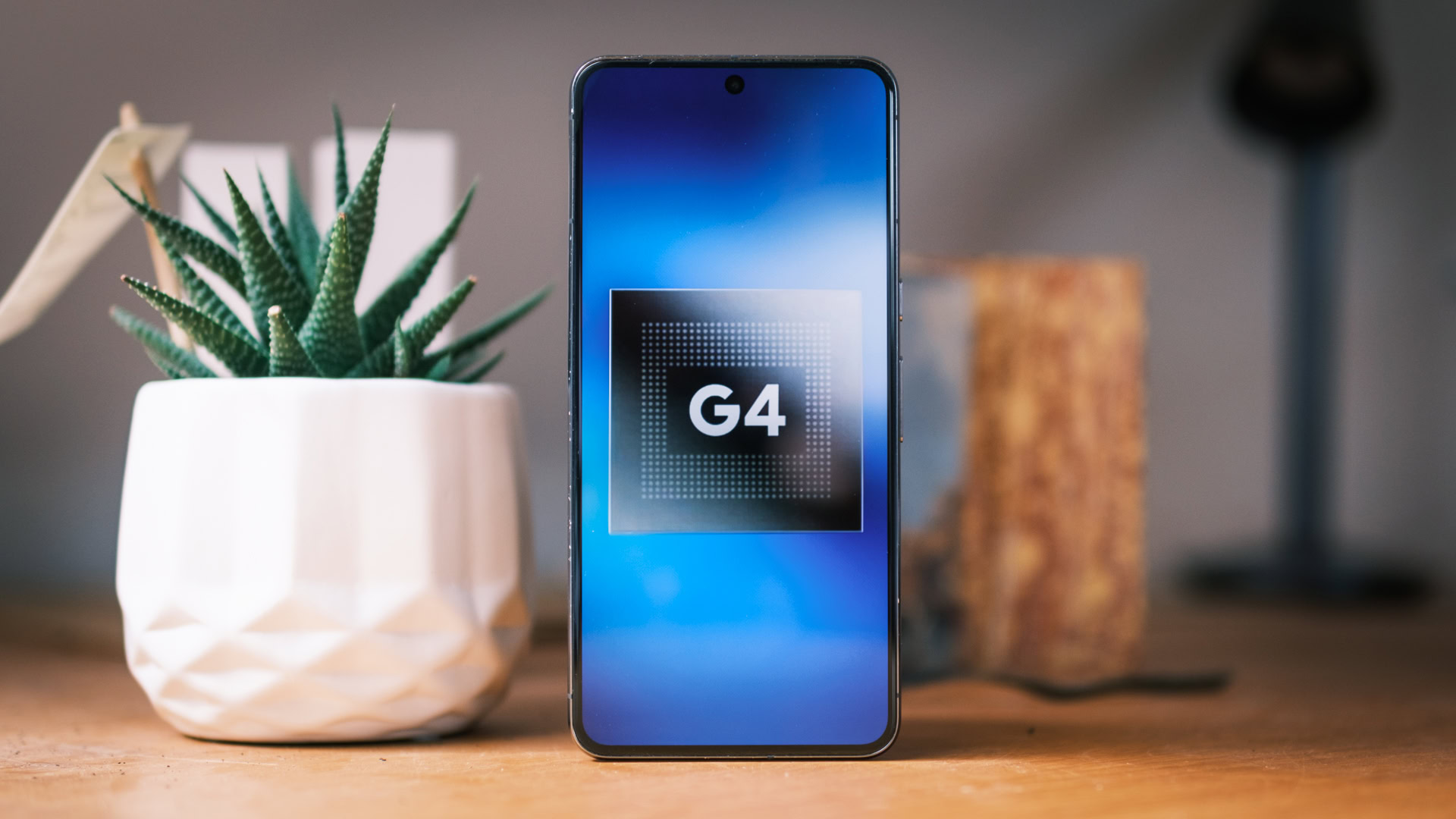
Edgar Cervantes / Android Authority
TL;DR
- T-Mobile successfully tested a satellite-powered wireless emergency alert, sending a simulated evacuation notice via Starlink satellites.
- The technology could extend emergency alerts to over 500,000 square miles of previously unreachable areas in the US.
- This service will work across all major carriers, potentially saving lives during natural disasters and other emergencies.
T-Mobile has announced a significant breakthrough in emergency communication technology with the successful transmission of a wireless emergency alert (WEA) via satellite for the first time in the United States. This achievement is part of a larger collaboration between T-Mobile and SpaceX’s Starlink to develop satellite-to-smartphone connectivity. The goal is to enable users to contact emergency services directly from their phones, even when outside of traditional cellular coverage.
The recent test utilized similar technology to deliver an emergency alert via satellite to areas currently unreachable by traditional cell towers. During the test, a hypothetical evacuation notice was sent from T-Mobile to a Starlink satellite orbiting hundreds of miles above Earth. The satellite then relayed the alert to a designated area, where it was received by a T-Mobile smartphone.

The entire process took mere seconds, highlighting the system’s potential for swift emergency communication. Importantly, this system is designed to be carrier-agnostic, meaning that customers of other providers like Verizon and AT&T would also receive these life-saving alerts.
This technology could be a game-changer for scenarios like wildfires, hurricanes, and other natural disasters that often disrupt traditional communication networks. The company referenced the 2018 Camp Fire in Northern California as a stark example of why this kind of technology matters. The fire destroyed large portions of Paradise, CA, and wiped out several cell towers, leaving many without a way to receive emergency alerts.
With over 175 Starlink satellites already orbiting the planet, T-Mobile and SpaceX are building out their satellite network to blanket the US with this coverage. They plan to continue testing and aim for a commercial rollout soon. Meanwhile, Verizon and AT&T are racing to launch their own satellite-based messaging systems, with some services expected as early as this fall.
Got a tip? Talk to us! Email our staff at [email protected]. You can stay anonymous or get credit for the info, it's your choice.








 English (US) ·
English (US) ·